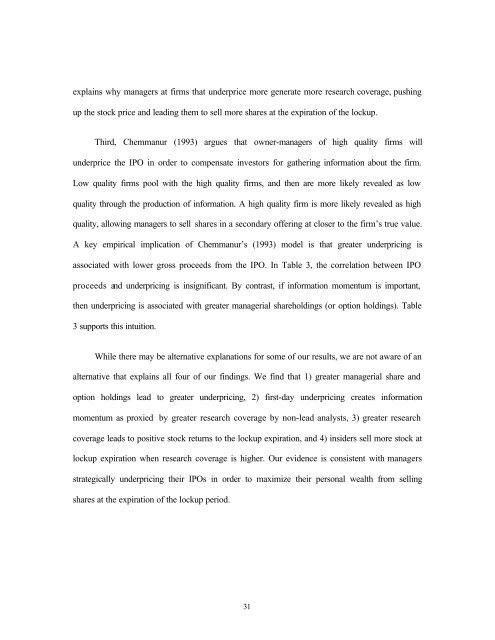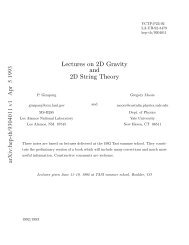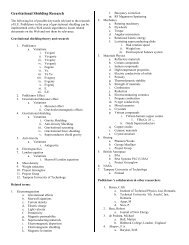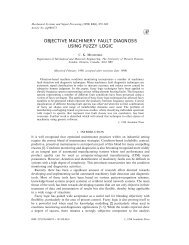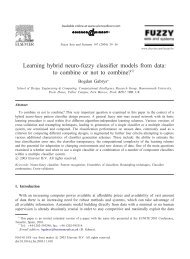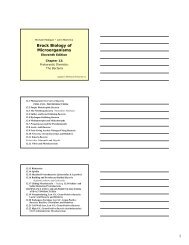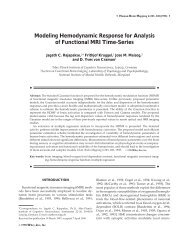Strategic IPO underpricing, information momentum, and lockup ...
Strategic IPO underpricing, information momentum, and lockup ...
Strategic IPO underpricing, information momentum, and lockup ...
Create successful ePaper yourself
Turn your PDF publications into a flip-book with our unique Google optimized e-Paper software.
explains why managers at firms that underprice more generate more research coverage, pushing<br />
up the stock price <strong>and</strong> leading them to sell more shares at the expiration of the <strong>lockup</strong>.<br />
Third, Chemmanur (1993) argues that owner-managers of high quality firms will<br />
underprice the <strong>IPO</strong> in order to compensate investors for gathering <strong>information</strong> about the firm.<br />
Low quality firms pool with the high quality firms, <strong>and</strong> then are more likely revealed as low<br />
quality through the production of <strong>information</strong>. A high quality firm is more likely revealed as high<br />
quality, allowing managers to sell shares in a secondary offering at closer to the firm’s true value.<br />
A key empirical implication of Chemmanur’s (1993) model is that greater <strong>underpricing</strong> is<br />
associated with lower gross proceeds from the <strong>IPO</strong>. In Table 3, the correlation between <strong>IPO</strong><br />
proceeds <strong>and</strong> <strong>underpricing</strong> is insignificant. By contrast, if <strong>information</strong> <strong>momentum</strong> is important,<br />
then <strong>underpricing</strong> is associated with greater managerial shareholdings (or option holdings). Table<br />
3 supports this intuition.<br />
While there may be alternative explanations for some of our results, we are not aware of an<br />
alternative that explains all four of our findings. We find that 1) greater managerial share <strong>and</strong><br />
option holdings lead to greater <strong>underpricing</strong>, 2) first-day <strong>underpricing</strong> creates <strong>information</strong><br />
<strong>momentum</strong> as proxied by greater research coverage by non-lead analysts, 3) greater research<br />
coverage leads to positive stock returns to the <strong>lockup</strong> expiration, <strong>and</strong> 4) insiders sell more stock at<br />
<strong>lockup</strong> expiration when research coverage is higher. Our evidence is consistent with managers<br />
strategically <strong>underpricing</strong> their <strong>IPO</strong>s in order to maximize their personal wealth from selling<br />
shares at the expiration of the <strong>lockup</strong> period.<br />
31


